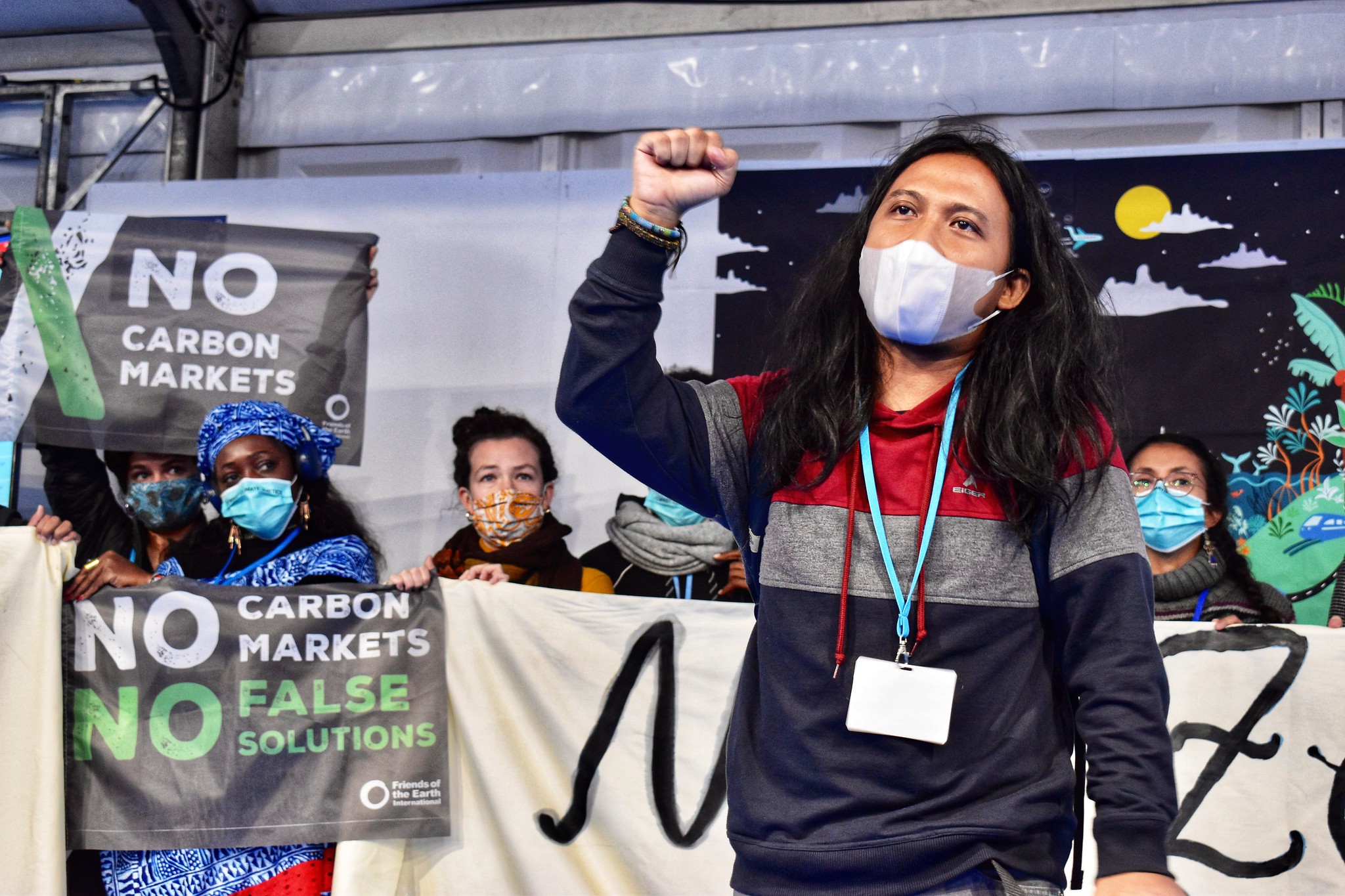
Green groups call for radical change on single use plastics
A group of Scottish NGOs today urged all five parties at Holyrood to adopt a five point plan on waste and litter, including phasing out the use of single-use coffee cups entirely over the next five years. This call follows the publication last month of the Scottish Government’s expert panel report on the subject [1], which made a series of recommendations focused on reducing the numbers of single-use cups used in Scotland.
The NGOs, which include Friends of the Earth Scotland, the Marine Conservation Society, Greenpeace & Surfers Against Sewage as well as APRS, are today calling for a cross-party consensus to:
- implement the expert panel report in full, including a charge of 25p per single use coffee cup, as per the Budget agreement made between the Scottish Government and the Green MSPs, and a ban on polystyrene and PVC cups (the kind typically given away at venues)
- extend the proposed Scottish ban on polystyrene and PVC cups so these materials are banned from all food packaging by 2021, in line with the EU’s Single Use Plastics Directive [2]
- ensure the pilots for reusable coffee cups proposed by the expert panel can be the basis for a consistent national scheme which can replace single use cups entirely, with an end date set for their usage
- bring in a ban on all single-use plastic packaging and utensils used for catering, including those sold as biodegradable or compostable
- require all remaining plastic food packaging sold in Scotland to be made from readily recyclable polymers by 2025
- ban single-use plastic carrier bags of all thicknesses, charge at least 10p on bags made from all other materials, and create a minimum standard for bags sold for re-use.
Some of these measures could form part of the forthcoming Circular Economy Bill, while others would not require legislation. Additional measures would be required to meet or exceed the 2042 date for the elimination of unnecessary plastics proposed in May this year by the UK Government.
The NGOs also backed a general ban on plastic straws, with an exemption which would allow them to be made available on request without stigmatising people who need them. In many cases, changes to reduce plastic waste will improve the quality of life of disabled people. However, protecting and improving accessibility should be at the core of future efforts, and in some cases this may mean a renewed focus on identifying new materials ahead of phasing out existing plastics.
John Mayhew, Director of Association for the Protection of Rural Scotland, said:
“Scotland’s forthcoming deposit return system for cans and bottles will make a substantial difference on waste and litter, but there is much more still to be done. The Circular Economy Bill is an opportunity for Scotland again to set the lead for the rest of the UK, and for us to take another massive step away from a destructive economy that relies on unnecessary single use items.
“That wasteful approach never made sense, even before widespread acceptance that we face a climate emergency, but it will take leadership in Parliament to bring it to an end. Just as all parties support deposit return, so we hope there will be a consensus for these practical next steps too.”
Sarah Moyes, Plastic & Circular Economy Campaigner with Friends of the Earth Scotland, said:
“The impact of plastic pollution is everywhere. While consumer behaviour in tackling the issue is important, it’s imperative all five parties at Holyrood commit to addressing the problem of plastic at source by preventing its unnecessary use. The forthcoming Circular Economy Bill has the opportunity to do that, but we also urge the Scottish Government to go one step further and implement our six point plan so we can reduce the use of single-use plastics in Scotland.
“We need political commitment to ban the most harmful materials so that the packaging from a quick bite to eat or a drink doesn’t damage our environment for years to come.”
Calum Duncan, Head of Conservation Scotland for the Marine Conservation Society, said:
“Our surveys have shown that plastic bags on beaches have dropped by almost half since the 5p charges came in, so a complete ban could potentially eradicate this pathway of plastic entering our seas. We fully support all the calls to action from APRS as we need these and other radical measures on single use plastics to stop the plastic tide.”
Amy Slack, Project Manager with Surfers Against Sewage, said:
“The health of our oceans and marine life depends on a radical shift in the production and use of single use plastics. Scotland has the opportunity to be truly world leading by introducing an innovative mix of bans and charges on coffee cups and utensils that will reduce the use of these items, and ultimately see a reduction in single use plastics we find in our oceans and rivers, and on our beaches.”
Louise Edge, head of Greenpeace UK’s ocean plastics campaign, said:
“Scotland has a good track record for being ahead of the game on plastics, as an early adopter of the plastic bag charge.
“We’ve seen how the charge on bags was hugely successful in reducing the amount of plastic bags shoppers use, and it’s now high time for tangible measures such as a ‘latte levy’ to be introduced to further reduce reliance on throwaway plastic.
“We urge Holyrood to lead the way here by bringing in a charge on throwaway cups and banning cups made from polystyrene and PVC.”
Notes to Editors
1. The full report is available here:
https://www.gov.scot/publications/report-expert-panel-environmental-charging-measures-epecom-recommendations-single-use-disposable-beverage-cups-july-2019/
2. The EU media release is here:
https://europa.eu/rapid/press-release_STATEMENT-19-1873_en.htm
